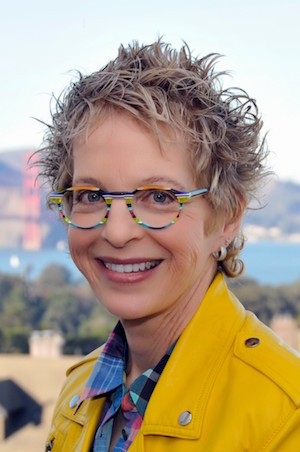Episode 114: My Answer is No (If That's OK with You)
/“You really can only say no when you have a clear sense of your priorities. ”
A lot of women have trouble saying no to requests at work and in the rest of life. We don't want to let people down, and many of us enjoy helping others. But too many women are withering under the weight of tasks and favors they've taken on because they couldn't bring themselves to say no. In this show I talk to psychiatrist and author Nanette Gartrell about how to set boundaries with bosses and colleagues without damaging your relationships.
Nanette Gartrell
Her book is My Answer is NO...If That's Okay With You.
You can also read a transcript of the show.







